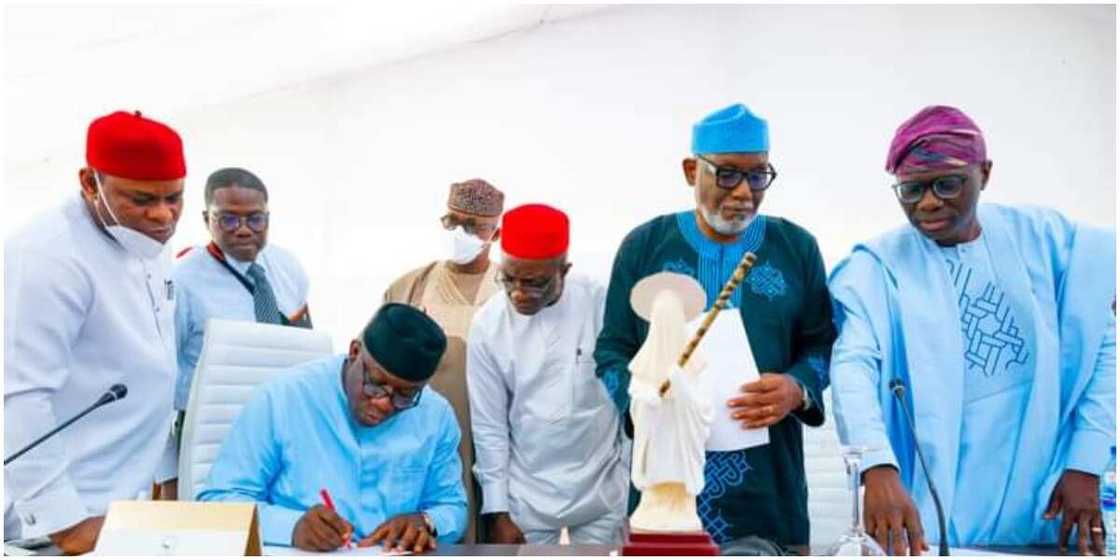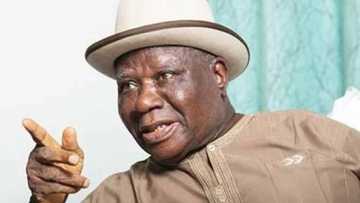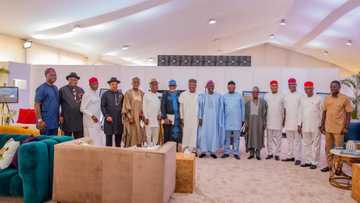Southern Governors Turn Down Oil Revenue Benefits, Move Against Authority for New Oil Company
- The Petroleum Industry Bill passed by the House of Representatives and the Senate has been turned down by the governors of the Southern part of Nigeria
- They rejected the 3% earmarked for oil revenue for the host communities and asked for the compensation to be increased to better benefit the region
- Southern Nigeria governors also rejected the decision to make the Federal Ministry of Finance the authority over the Nigeria National Petroleum Company Limited
The governors of the 17 Southern states in Nigeria have rejected the proposed three percent oil revenue for the host communities where exploration of oil takes place.
The forum, led by Governor Rotimi Akeredolu of Ondo and Lagos State governor, Babajide Sanwo-Olu, had met in Lagos over several issues bothering on insecurity, Petroleum Industry Bill and the electoral bill.
They appreciated the effort of the House of Representatives and the Senate in passing the Petroleum Industry Bill, but the governors demanded a higher share in the oil revenue.

Source: Facebook
Demands made by governors at the forum
During the forum, the Southern governors concluded that host communities of oil should be awarded 5% as against the proposed 3%.
They also rejected the offer for exploration of oil and gas in the basins. The bill had proposed 30% share of profit, but the governors were not pleased with it.
Another demand made involved the ownership structure of the proposed Nigeria National Petroleum Company Limited which the bill placed under the authority of the Federal Ministry of Finance.
However, the Southern governors' forum asked that the ownership structure be reviewed and placed in the trust of the Nigeria Sovereign Investment Authority (NSIA).
They chose the NSIA because all the tiers of Government in Nigeria have stakes in the investment vehicle.
PIB to resolve oil workers' challenges, cut tax
In related news, Legit.ng had previously reported that the Petroleum Industry bill will help the community and resolve the challenges of oil workers.
It is also expected to attract foreign investors as the bill seeks to cut hydrocarbon tax for converted leases to 30% from 42.5% and reduce the government's control on the oil industry.
The Senate had passed it after meeting with the Group Managing Director of the Nigerian National Petroleum Corporation, Mele Kyari, and Minister of State for Petroleum, Timipre Sylva.
Source: Legit.ng



